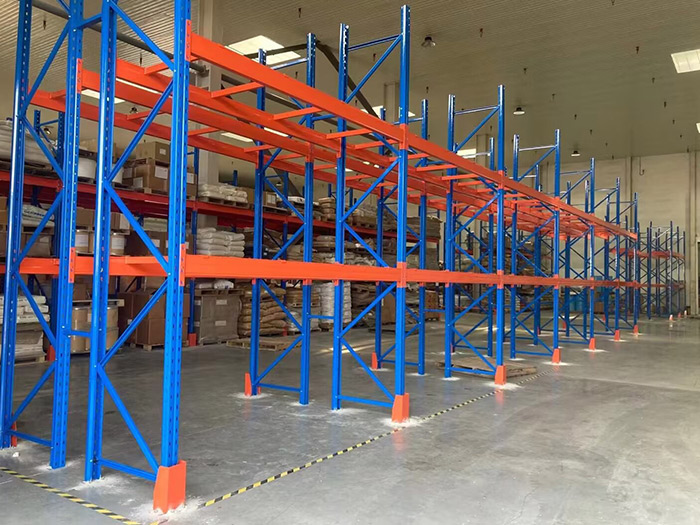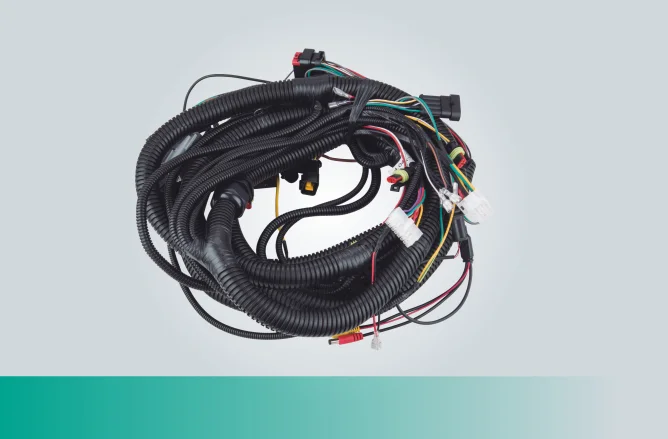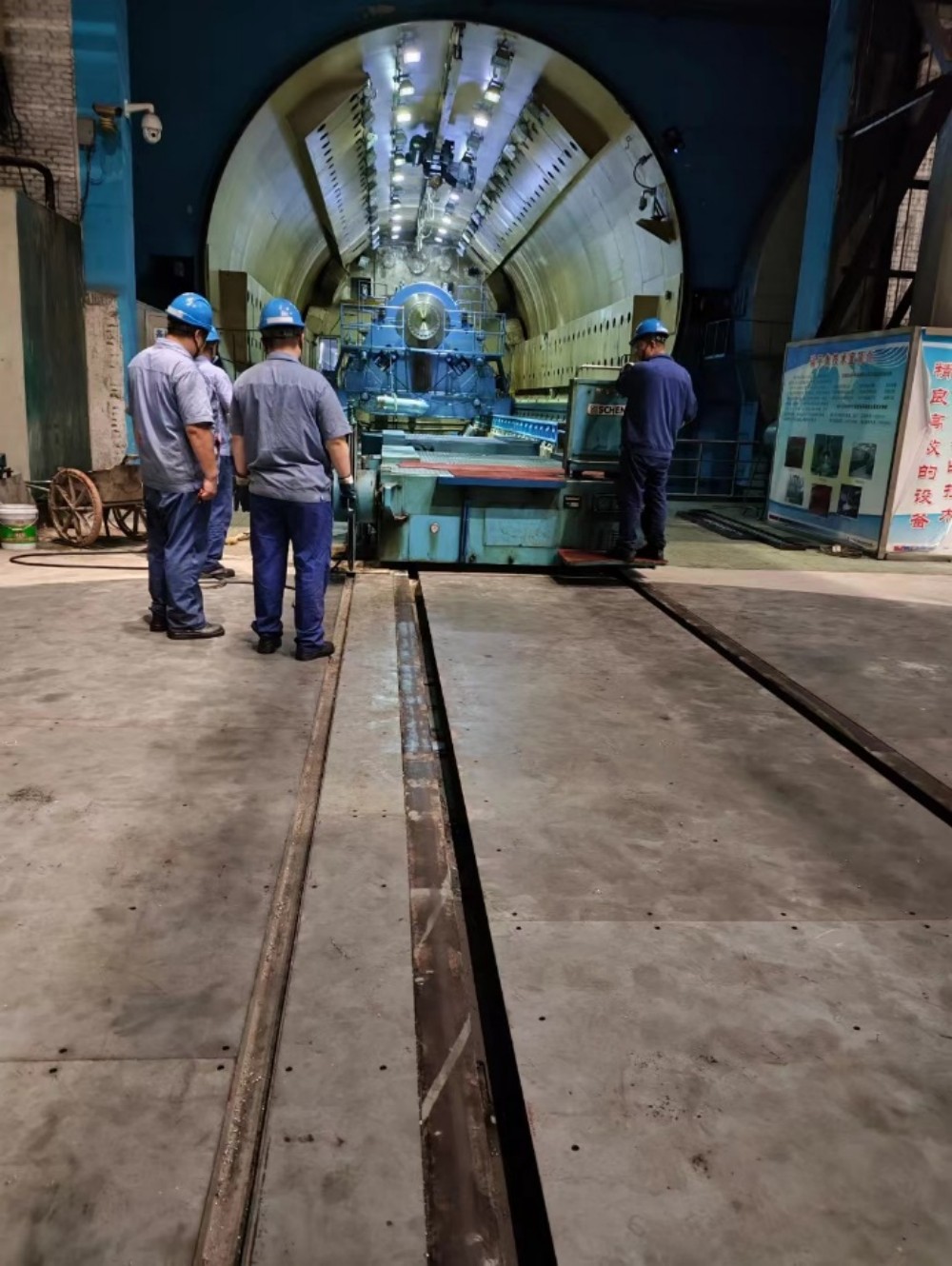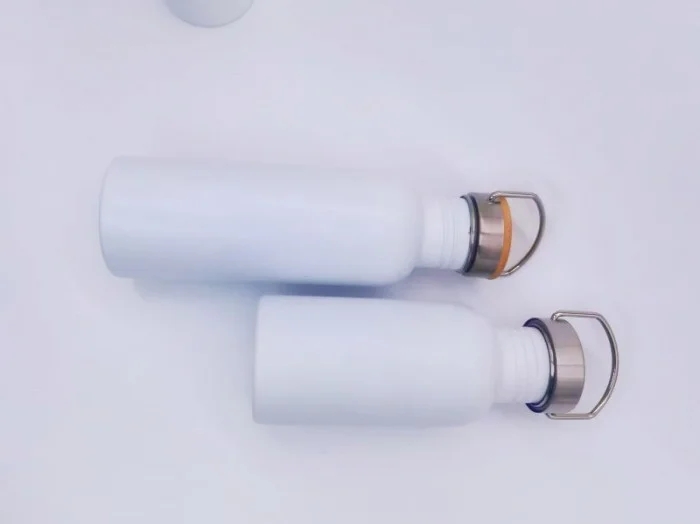In the realm of fluid dynamics, pumps play a crucial role in various industries, from water supply and wastewater treatment to oil and gas extraction. To optimize their performance, it is essential to comprehend the concept of mechanical efficiency in pump systems. In this forum post, we will delve into the intricacies of mechanical efficiency, its significance, and ways to enhance it for maximum productivity.
- Defining Mechanical Efficiency:
Mechanical efficiency in pump systems refers to the ratio of the actual work output to the input power required to drive the pump. It quantifies how effectively a pump converts mechanical energy into hydraulic energy. Expressed as a percentage, higher mechanical efficiency indicates reduced energy losses and improved overall performance. - Factors Influencing Mechanical Efficiency:
a. Pump Design: The design of the pump, including impeller geometry, volute shape, and casing material, significantly impacts mechanical efficiency. Optimized designs minimize internal losses and maximize energy transfer.
b. Hydraulic Performance: The interaction between the pump and the fluid being pumped affects mechanical efficiency. Factors such as flow rate, head, and viscosity influence the pump's ability to convert mechanical power into hydraulic power efficiently.
c. Operating Conditions: Operating the pump within its specified range ensures optimal mechanical efficiency. Deviating from the recommended operating conditions, such as excessive flow rates or high discharge pressures, can lead to reduced efficiency and increased wear and tear.
- Enhancing Mechanical Efficiency:
a. Regular Maintenance: Proper maintenance practices, including regular inspection, cleaning, and lubrication, help ensure smooth pump operation and prevent efficiency losses due to wear and tear.
b. Correct Sizing: Selecting a pump that matches the system requirements minimizes energy losses associated with oversizing or undersizing. Detailed analysis of the system's hydraulic characteristics is crucial for achieving optimal mechanical efficiency.
c. Efficient Control Systems: Implementing advanced control systems, such as variable frequency drives (VFDs) or speed control mechanisms, allows for precise adjustment of pump speed to match varying demand. This avoids unnecessary energy consumption during low-demand periods.
d. Upgrading Technology: Embracing technological advancements, such as using high-efficiency motors, advanced impeller designs, and intelligent monitoring systems, can significantly improve mechanical efficiency and reduce energy consumption.
- Importance of Mechanical Efficiency:
a. Energy Conservation: Enhancing mechanical efficiency translates into reduced energy consumption, contributing to environmental sustainability and cost savings for industries.
b. System Reliability: Efficient pump systems experience less wear and tear, leading to increased reliability, extended equipment lifespan, and reduced maintenance costs.
c. Operational Cost Reduction: Improved mechanical efficiency lowers operational costs by minimizing energy consumption and optimizing system performance, resulting in long-term financial benefits.
Conclusion:
Mechanical efficiency is a critical aspect of pump systems that directly impacts performance, energy consumption, and overall productivity. By understanding the factors influencing mechanical efficiency and implementing appropriate measures, industries can unlock the full potential of their pump systems, achieving sustainable operations and cost-effective solutions.







